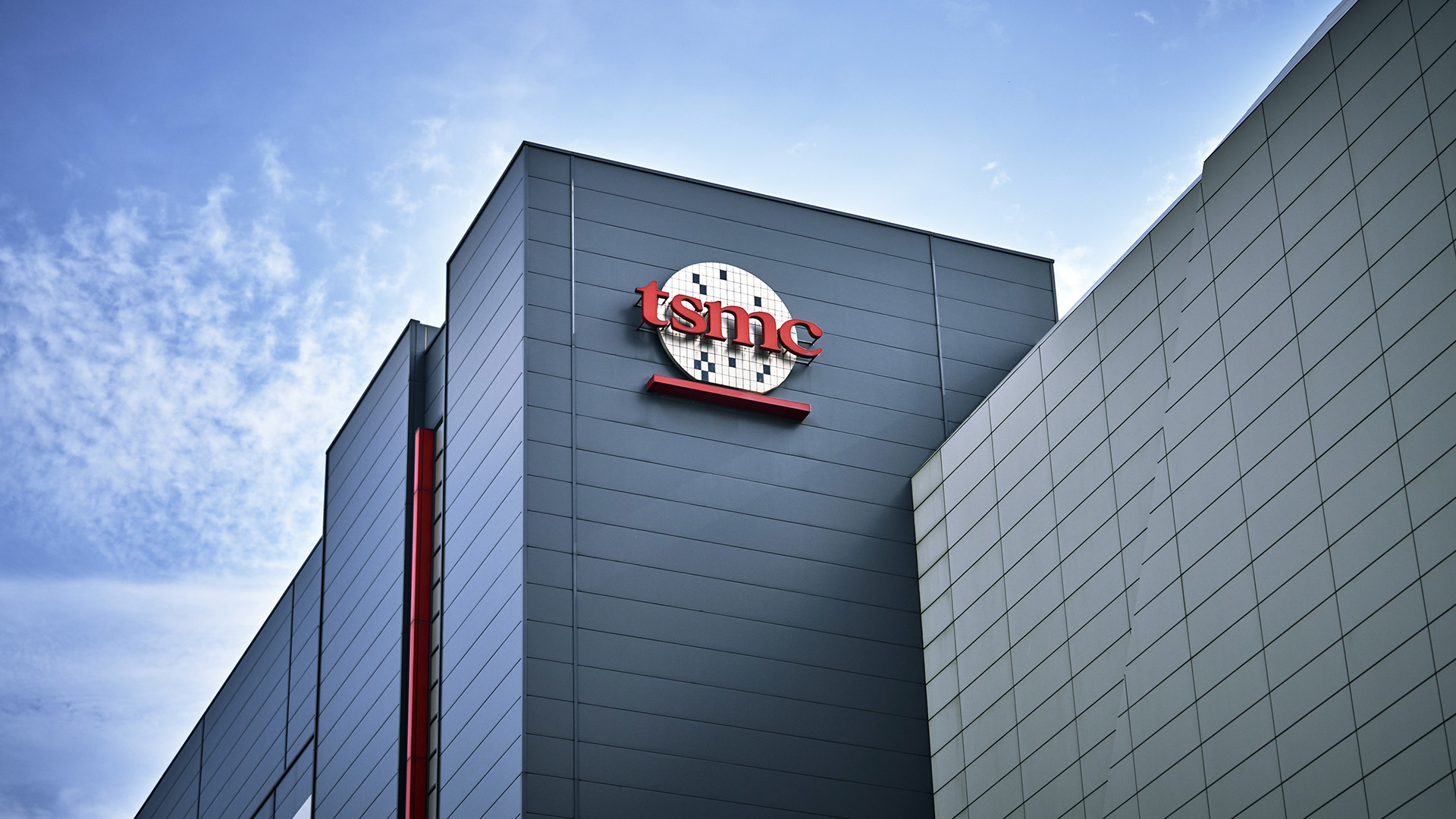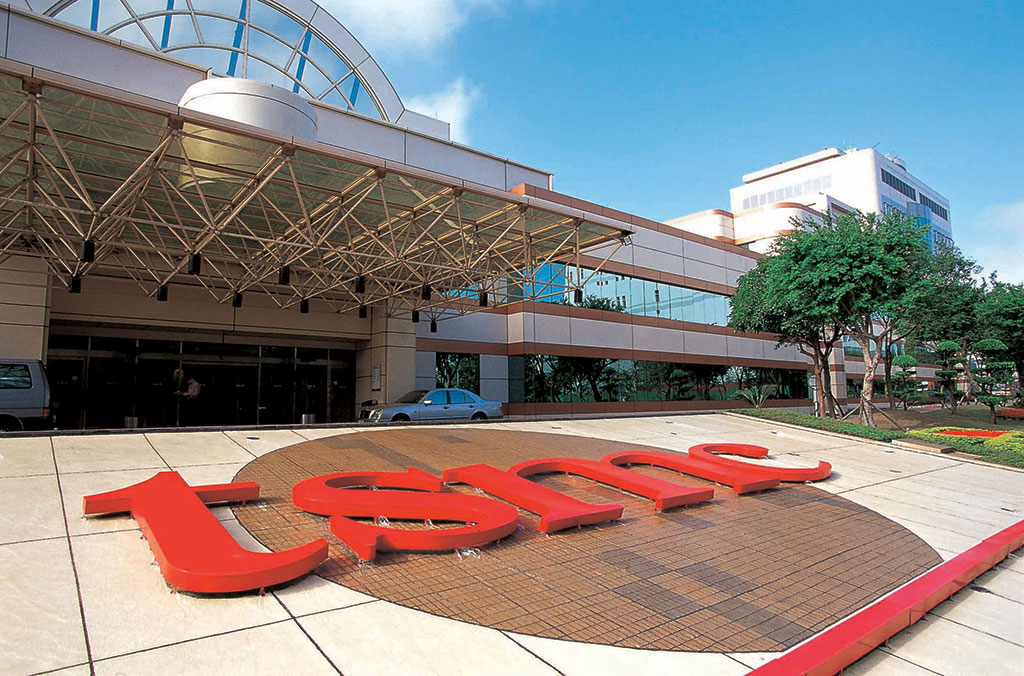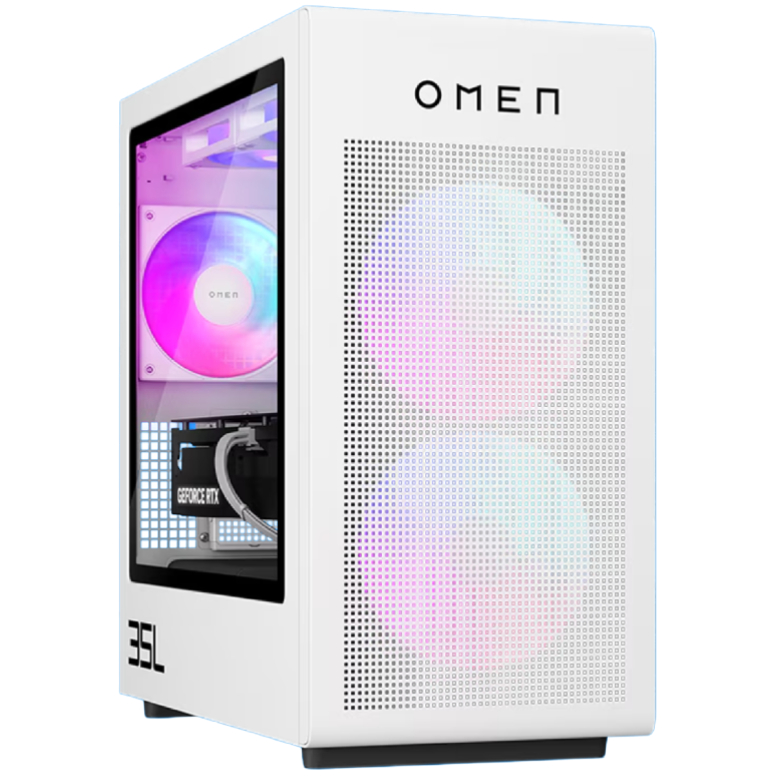In a twisty tale of corporate espionage, TSMC employees allegedly shared 400 photos of the company's cutting-edge 2 nm process node with a Japanese rival
This is a developing story, and the Japanese firm's relationship to the leakers is not yet clear.

Keep up to date with the most important stories and the best deals, as picked by the PC Gamer team.
You are now subscribed
Your newsletter sign-up was successful
Want to add more newsletters?

Every Friday
GamesRadar+
Your weekly update on everything you could ever want to know about the games you already love, games we know you're going to love in the near future, and tales from the communities that surround them.

Every Thursday
GTA 6 O'clock
Our special GTA 6 newsletter, with breaking news, insider info, and rumor analysis from the award-winning GTA 6 O'clock experts.

Every Friday
Knowledge
From the creators of Edge: A weekly videogame industry newsletter with analysis from expert writers, guidance from professionals, and insight into what's on the horizon.

Every Thursday
The Setup
Hardware nerds unite, sign up to our free tech newsletter for a weekly digest of the hottest new tech, the latest gadgets on the test bench, and much more.

Every Wednesday
Switch 2 Spotlight
Sign up to our new Switch 2 newsletter, where we bring you the latest talking points on Nintendo's new console each week, bring you up to date on the news, and recommend what games to play.

Every Saturday
The Watchlist
Subscribe for a weekly digest of the movie and TV news that matters, direct to your inbox. From first-look trailers, interviews, reviews and explainers, we've got you covered.

Once a month
SFX
Get sneak previews, exclusive competitions and details of special events each month!
Here's a twisty tale of alleged corporate espionage for you. A number of TSMC employees have been accused of attempting to feed trade secrets to Japan-based competitor Rapidus, having allegedly shared 400 technical photos with the smaller startup foundry.
According to Money.udn.com, this communication exposed details relating to TSMC's upcoming 2 nm-class fabrication process (via Tom's Hardware). As you may already be aware TSMC—or Taiwan Semiconductor Manufacturing Company Limited—makes a huge proportion of the world's most advanced chips, easily outpacing rivals, such as Intel and Samsung.
At time of writing, at least one current TSMC employee is suspected of working with a former colleague, now based at Tokyo Electron, in order to pass along information without either company's prior knowledge. Tokyo Electron—or TEL—is an Asakusa-based business that supplies semiconductor production equipment, with TSMC's chips likely fabricated using this company's hardware. Similarly, Chiyoda-based semiconductor manufacturer Rapidus likely also uses equipment from TEL. I told you it was twisty.
Both TSMC and TEL have decades long histories, while Rapidus was founded in 2022. Shortly after its founding, the startup entered into a partnership with IBM in order to "further develop IBM's breakthrough 2 nanometer (nm) node technology for implementation by Rapidus at its fab in Japan." The aim of the game is to outpace major player TSMC when it comes to the production of 2 nm node tech.
However, even with this web of business ties, the exact relationship between the accused TSMC leakers and Rapidus is not yet wholly clear. Nikkei has since reported that Tokyo Electron has now fired one employee suspected of being involved. Reports earlier this week also suggested TSMC had fired a number of employees, and the Taiwanese authorities have also gotten involved.

To briefly recap, the Taiwanese authorities detained three people last month on the grounds of breaching Taiwan's national security law according to Reuters. Another two have been released on bail, while one more has also been released, though the total number of perpetrators has yet to be confirmed. If anyone is charged, they could be looking at a maximum of 12 years in prison and a fine in the millions.
Exactly what was leaked via the 400 photos remains unclear. Tom's Hardware theorises that even if the images in question depict process integration activity—which could include various proprietary fabrication steps—modern silicon manufacturing is so complex that they may well not even serve as particularly informative blueprints to imitate. It's also important to remember that the full extent of Rapidus' involvement in the leak is not yet clear.
Keep up to date with the most important stories and the best deals, as picked by the PC Gamer team.
TSMC claims to have first detected suspicious activity during routine monitoring some time ago, subsequently launching an internal investigation. Due to legal proceedings, TSMC was unable to provide further details about how it uncovered the leak.
However, a report from Money.udn.com suggests that the implicated employees logged into the company intranet from home via work-issued laptops, before taking pictures of trade secrets on their phones. They also report that these employees reviewed sensitive documentation relating to the 2 nm-class fabrication process too frequently and too briefly for it not to be flagged by TSMC's monitoring protocols. Neither TSMC nor the Taiwanese authorities has confirmed this publicly though.
TSMC's next-gen 2 nm silicon was otherwise on track for later this year, though you likely won't see anything for your PC until 2027 at the earliest.

1. Best overall:
HP Omen 35L
2. Best budget:
Lenovo Legion Tower 5i
3. Best compact:
Velocity Micro Raptor ES40
4. Alienware:
Alienware Aurora
5. Best mini PC:
Minisforum AtomMan G7 PT

Jess has been writing about games for over ten years, spending the last seven working on print publications PLAY and Official PlayStation Magazine. When she’s not writing about all things hardware here, she’s getting cosy with a horror classic, ranting about a cult hit to a captive audience, or tinkering with some tabletop nonsense.
You must confirm your public display name before commenting
Please logout and then login again, you will then be prompted to enter your display name.

